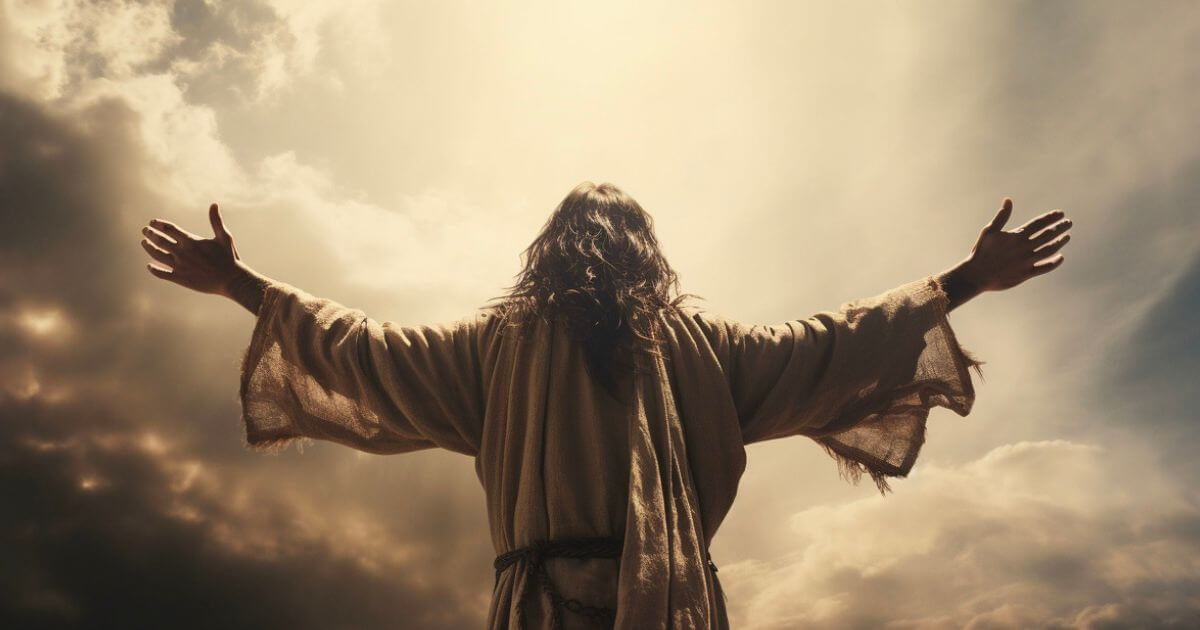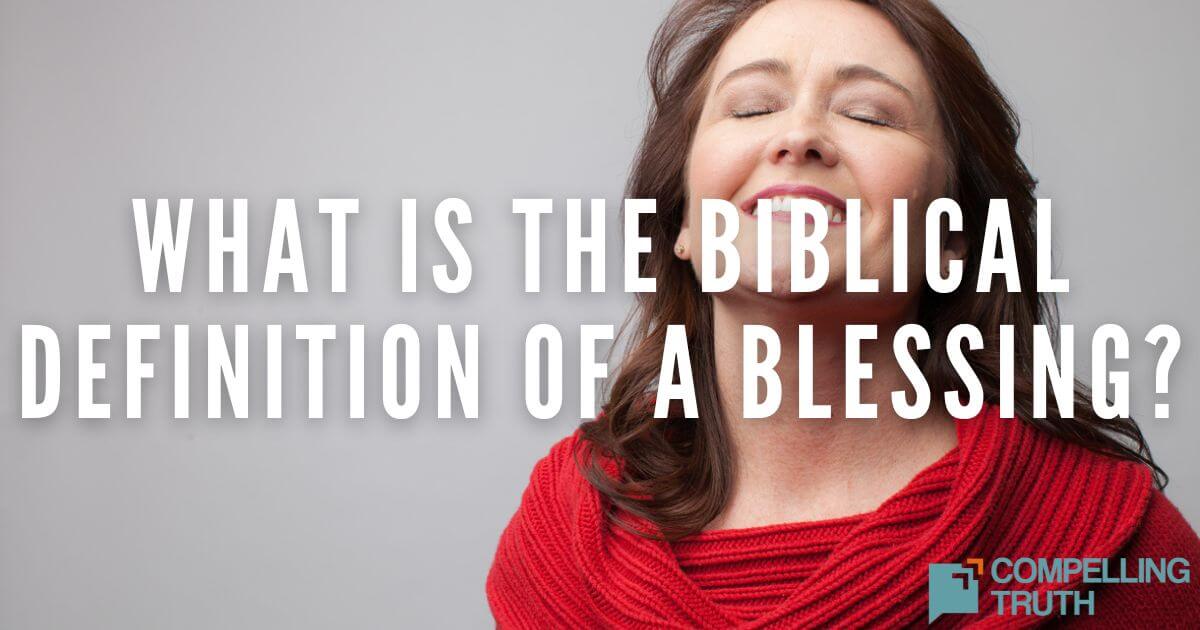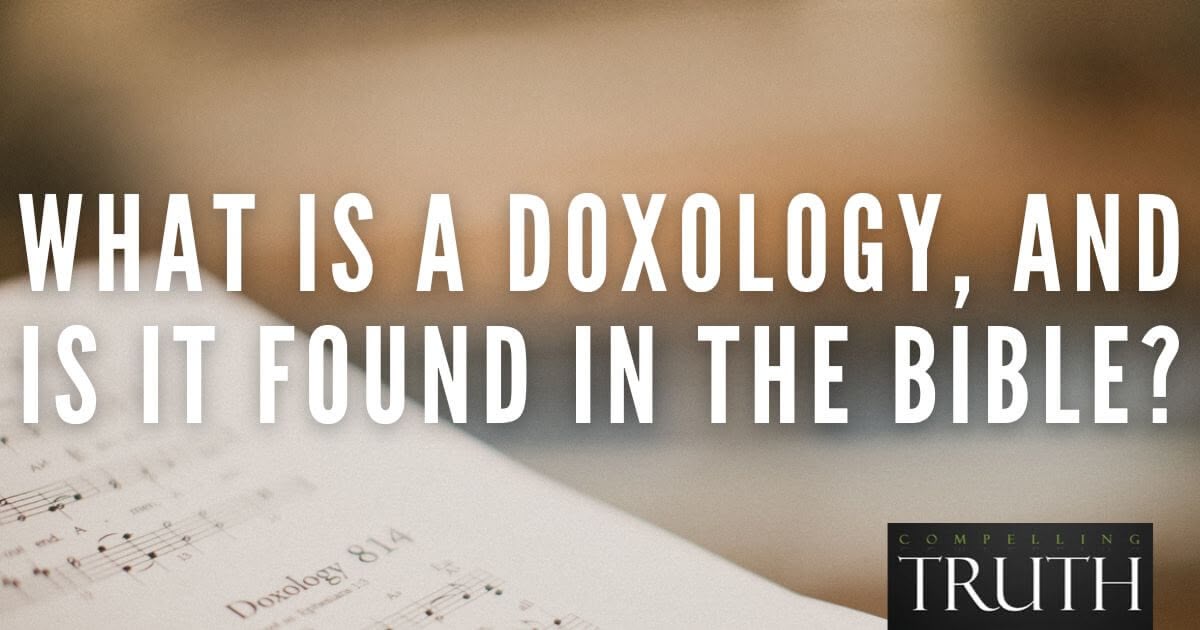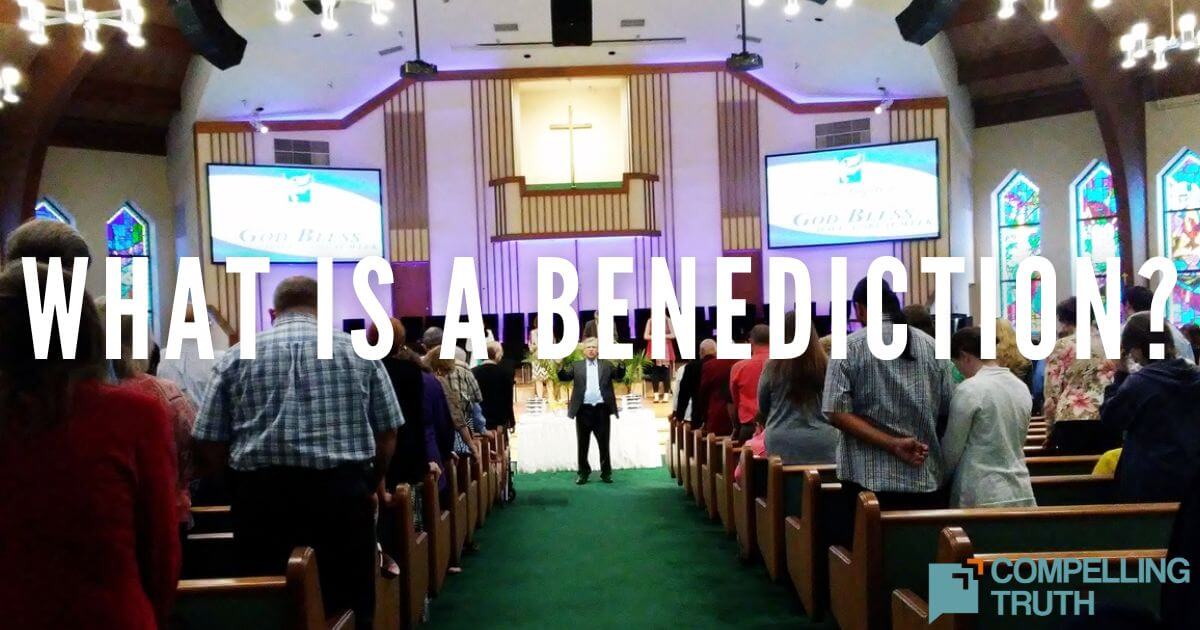The Aaronic Blessing was a poetic, memorable blessing that God gave to Aaron and his sons. The intention of it was to have a blessing to say over Israel to remind the people about how great their God is. Each line in this poem reminds them that God is the source of blessing, while also reminding them that being blessed by God requires obedience to Him. By thinking about this blessing, they would remember that God desired them to be like Him and that He was pleased to bless them and keep them and deal graciously with them. Through archaeological and historical records, we know that the Aaronic Blessing became a liturgical part of the priestly regular work. It continues to be used today among some Jews as well as incorporated into the worship services of various other religious faiths, including some Christian denominations.
While God did not command a particular use of the Aaronic Blessing, archaeological evidence shows that it quickly became a part of a regular, daily temple service. It has also been found engraved on amulets worn by early Jews, perhaps much like crosses are worn today. It is still recited at Jewish synagogues during many services, and many Jewish parents use it to bless their children on Friday evenings. Blessings based on this priestly prayer are also used in Catholic, Anglican, and Lutheran liturgies. Many less liturgical Protestant congregations also occasionally speak the Aaronic Blessing. Reciting the Aaronic Blessing does not guarantee a particular benefit, but it provides a poetically clear way to remind us of who God is as the source of all good things (James 1:17).
Even when life is hard, it reminds believers of God’s promises to never leave nor forsake us (Hebrews 13:5; c.f., Deuteronomy 31:6) and that He is actively keeping us from the evil one (Numbers 6:24; John 17:15). It also reminds us that God is gracious as evidenced by Jesus coming and saving us (John 3:16), giving us everything we need (Romans 8:32). Further, though God’s face is always on believers because He looks at Jesus’ obedience, this blessing also reminds us that He disciplines us when we sin (Hebrews 12:6), so we are quick to repent (1 John 1:9). Just as the Israelites looked to God for peace (Numbers 6:26), so we remember that He gives us a peace that “surpasses all comprehension,” which He provides to guard and keep us (Philippians 4:7). Finally, the Aaronic Blessing reminds us that God continually lifts His face on our behalf, working out all things for our good (Romans 8:28). In short, we can use this blessing given to the Israelites to remind us of how great God is towards those He has saved through His Son, Jesus. It should cause us to praise Him!




